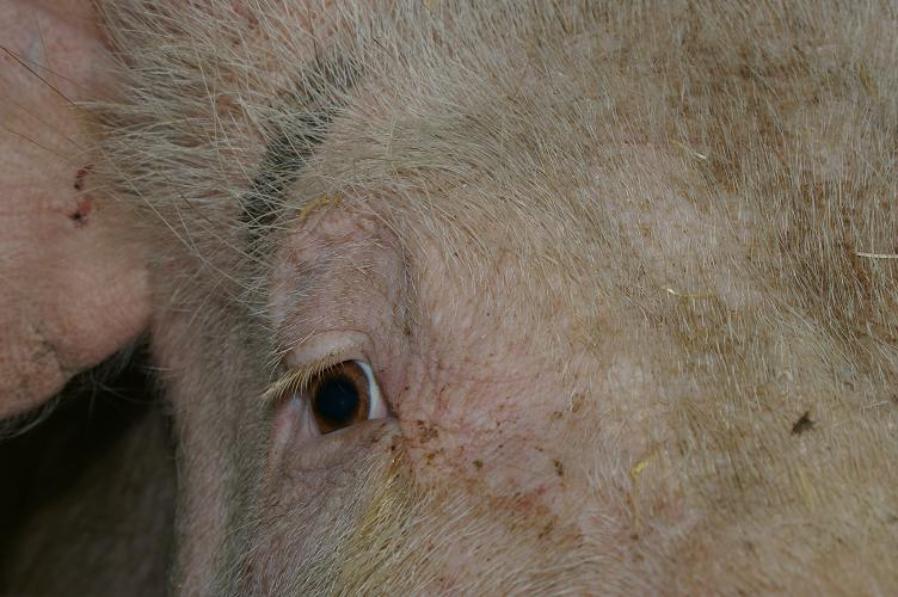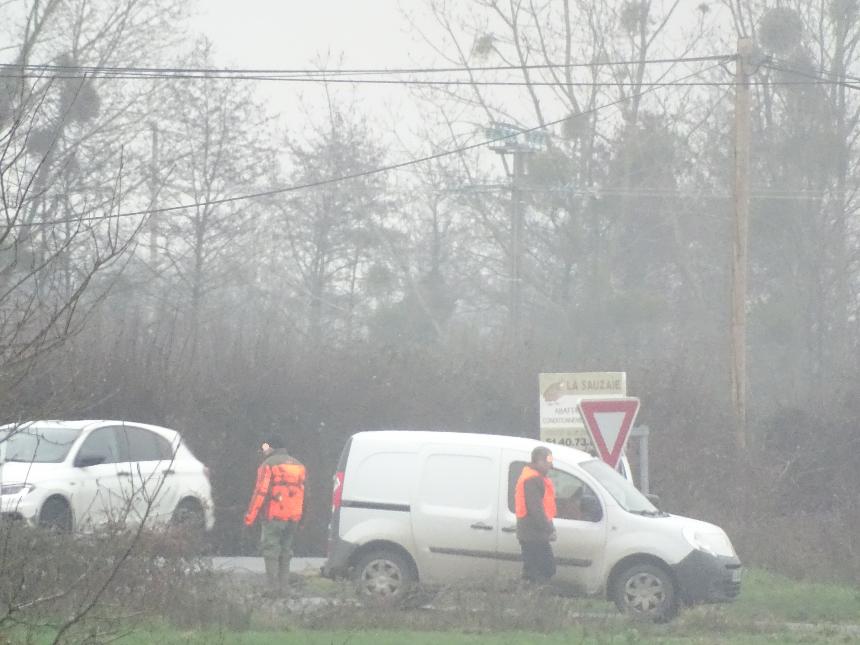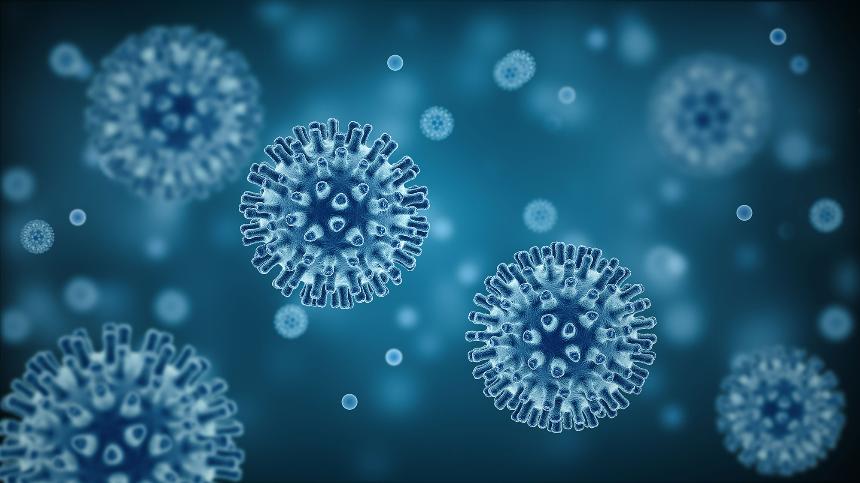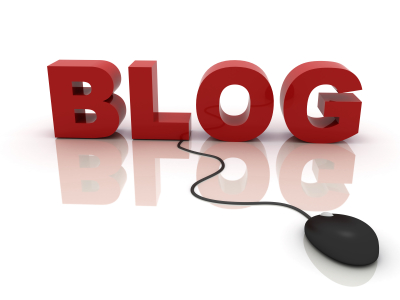France, 7 April 2021
How to catch a cat?
Last night we had to catch another cat that has been roaming around for a long time in the fields. He gets food in a little chalet where we feed Fidji, a cat that doesn't like to live in the house. On the video below we show you how we did it. Ron is now safely in our house, taken on by the association NALA85480. If you would like to help us financially to pay for his vet and food bills please have a look on the page under the button below.
France, 3 April 2021
EU PUBLIC CONSULTATION ON ANIMAL FEED
Our association Nos Amis Les Animaux 85480 has been registered in the EU Transparency Register which gives us the opportunity to participate to public consultations of the EU. So on 1st of April 2021 Nala85480 has replied to the public consultation on an EU proposal for the "Authorisation to feed non-ruminants with ruminant collagen / gelatine and with proteins from insects, pigs and poultry." We oppose to this proposition with the following arguments :
The basis of this proposal is reducing the dependency of the EU on other countries for its plant protein supply. This is based on this document (https://ec.europa.eu/info/sites/info/files/food-farming-fisheries/plants_and_plant_products/documents/report-plant-proteins-com2018-757-final_en.pdf)
However the major problem with this report is the assumption that it's desirable and even possible to continue with the large scale raising of livestock. Any actions taken should take into account the unavoidable reality that climate change is a major problem and that livestock makes a significant contribution. As it is focused on animal feed the report ignores the contribution of cereals to the supply of plant protein even though for a significant proportion of the human population they are their major source of protein. The report therefore only looks at what it considers high protein plant crops and acknowledges that 93% of them are fed to animals.
It is not a secret that livestock are a source of proteins, but they don't create them. They get them from the food that they eat. The conversion process means that you get less proteins out of an animal than you feed to it. As the topic under consultation shows there are also significant amounts of protein in the waste products after slaughter.
So there are effectively four issues: climate change, biodiversity, dependency on third countries for plant proteins and disposal of waste animal products. The proposal under discussion is perhaps an elegant solution to the last two issues but it ignores the much more important first two issues.
There is also a wiser, more elegant solution... reduce the number of animals that need to be fed. We have already seen initiatives in member states to reduce the size of their flocks and herds by offering farmers a "soft landing": compensation for permanently reducing the number of animals that they raise. Encouraging this would be a more sustainable and safer alternative to authorising inter species consumption. This proposal will inevitably reduce costs for the livestock sector which will lead to more consumption of meat.. exactly what we should be trying to discourage. In addition, as the current pandemic shows, zoonoses that cross the species barrier pose a threat to us all. Although the risk of a new TSE is considered low, what about other diseases?
For the above reasons we give a negative opinion to this proposal and instead encourage the DGs implicated in this proposal to look at the bigger picture and work together towards a more sustainable and resilient approach.

Frankrijk, 2 maart 2021
Verkiezingen in Nederland. De partij met de kortste rok.....
door Marit de Haan
Toen ik aan de universiteit van Delft, Bouwkunde studeerde deden we een stedenbouw projekt. Het was een sociale-woningbouw projekt. Rijtjes woningen, niet echt m'n sterkste punt. Na nachtenlang te hebben doorgewerkt om alle tekeningen op tijd klaar te hebben, toen nog allemaal met inktpen op kalkpapier, hadden we onze eindbeoordeling. Met knikkende knietjes deed ik als laatste m'n presentatie. Ik droeg een zwart, naar mijn gevoel, kort rokje met zwarte kousen. Dat was toen "in". De begeleider luisterde aandachtig naar m'n verhaal. Toen zei hij het volgende: "Marit, proficiat, het ziet er allemaal piccobello uit. Mooi getekend en goed verzorgd, zoals altijd. Maar over je ontwerp wil ik toch wel graag wat zeggen. Het is eigenlijk net als je zwarte rokje. Het is nét niet kort en gewaagd genoeg. ? Je moet meer durven! En hij had gelijk. Want de ontwerpen die eerder de revue waren gepasseerd, waren net iets boeiender en interessanter.
We moeten binnenkort stemmen. Gisteren ging ik op zoek naar een replay van het verkiezingsdebat van de zes grootste partijen (VVD, PVV, CDA, D'66, SP, Groen links), uitgezonden door RTL op zondag. Hier in Frankrijk is alles jammergenoeg niet allemaal zo direct te volgen. Ik heb dus wat flarden/fragmenten voorbij zien komen. Naar ons gevoel is het allerbelangrijkste onderwerp: het klimaat en de stijging van de temperaturen. Klimaatverandering is een dreiging voor onze toekomst. Je kan het niet vaak genoeg zeggen: extreme weersomstandigheden en overstromingen, extreme hitte en droogte, steiging van het door water overgedragen ziekten en ziekteverwekkers, bedreiging van veel plant- en diersoorten, vermindering van de biodiversiteit, grotere risico's voor pandemieën.
Hoe kunnen we nu die stijging van de temperaturen nu al tegengaan? Door het aantal vee in Nederland drastisch te verlagen, of nog beter, geheel af te schaffen (natuurlijk met financiële hulp voor de boeren om om te schakelen). Dit heeft overigens ook vele andere voordelen. We pakken gelijk alle problemen met dierenleed aan, in boerderijen, op transporten en in slachthuizen. Land komt vrij voor de natuur en voor de biodiversiteit (en woningbouw), mensen worden gezonder dus de kosten voor de medische zorg worden lager. Dit zijn allemaal directe effecten voor Nederland. Directe effecten als we nu stoppen met het eten van dierlijke produkten.
Dus ging ik op zoek naar wat de politieke partijen hierover denken. Bij de VVD en de PVV staat in hun programma dat ze het aantal vee in Nederland gelijk willen houden. Ook het CDA ziet niets in de inkrimping van de "veestapel" (wat een vreselijk woord, alsof je het over een "stapel" boeken hebt!). Dus om het verhaal van de rok er weer even bij te halen, dit zijn typische partijen van de lange rok. Conservatief, alles zo veel mogelijk hetzelfde willen houden, met wat kleine aanpassingen waarvan we nog niet eens weten of ze (genoeg) effect hebben. Een risico, want de nood is hoog. Dus niet denkend aan de lange termijn. Dan heb je de middenmoot, D'66, SP, CU, PvdA dus die met de middellange rok. Ze willen wel, maar durven niet. Groen Links doet het hardst z'n best, maar de rok blijft nog net iets te lang.
We zitten nog steeds in een crisis. Een sociale en economische crisis ten gevolge van de COVID19 pandemie. En ook in de toekomst zullen we moeten leren leven met het Coronavirus. Over de aanpak van deze crisis zijn de meningen van de verschillende partijen niet eens zo erg verdeeld. Maar wat me opvalt is dat bijna niemand praat over de oorzaken van deze pandemie en die van toekomstige pandemieën. Wetenschappers zijn het er al jaren over eens. Het was een kwestie van tijd dat er een pandemie zou uitbreken. Of je nu te maken hebt met een Corona virus, een varkenspestvirus, een vogelgriepvirus. Vroeg of laat krijgen we er weer mee te maken en krijgen we er een nieuwe pandemie bij. Dit is geen fabel. Dit is geen doemdenkerij. Dit is de trieste waarheid. Sla de wetenschappelijke berichten er maar op na. Er zijn er hele "stapels" van. Wij hebben over de oorzaken van pandemieën een lang verhaal (in het frans) geschreven in het vakblad Reporterre.
https://reporterre.net/Pour-eviter-les-pandemies-cessons-l-elevage-industriel We hebben er zelfs twee brieven over geschreven en opgestuurd naar o.a. de heer Rutte, toen nog minister-president. http://www.nosamislesanimaux.com/lettre-covid-19-pandemic-nl.php Hij heeft ons nooit een antwoord gegeven. Andere landen wel.
Maar het feit is er ! Als wij doorgaan op dezelfde manier waarop wij nu met dieren omgaan, zullen we te maken hebben, met, niet alleen nieuwe zoönosen (van dier op mens en dan van mens op mens overdraagbare ziektes) , en dus nieuwe pandemieën met alle desastreuze gevolgen van dien voor onszelf en voor de dieren, maar ook met een warmer klimaat. De enige partij, die de durf heeft om hier openlijk over te spreken is de Partij voor de dieren. De partij met de kortste rok. Mijn stem hebben ze!
Artikelen gebruikt voor deze tekst:
https://www.trouw.nl/duurzaamheid-natuur/veel-kiezers-twijfelen-over-inkrimpen-veestapel-voor-natuur~bf41f18b/
https://www.trouw.nl/politiek/welke-partij-is-het-best-voor-het-klimaat~bf8a11d8/
France, 11 February 2021
One dog got left behind and was running around on its own on the road in front of our house and also in the fields on the other side of the main road. Photo 3 Obviously it was a dangerous situation. Luckily we managed to get hold of him. We put him into a secure place in the barn and phoned the gendarme. Photos 4, 5, 6
They came and took photos of the boar's leg and the spine. Photo 7 They managed to get in touch with the owner who came to pick it up. It was with sadness for the dog that we gave him back to its owner. Hunting dogs are often of little importance to their owners, other than as a hunting machine treated with minimum care.
We had the opportunity to spend some time with this unfortunate dog (see video below), who had an infected swollen wound on his head, a bare tail with scabs. He was skinny and shaking from the cold. We gave him some food and water, and warmed him up a bit. You can see on the video that this is a spiritually "broken" dog, afraid to be touched. Very submissive, with the tail between his legs whenever you tried to touch him, in essence not a happy dog with humans. They are treated with little respect, probably living in a kennel in the cold. While he was in our barn he tried to make a little nest in the straw. It looks like that is what he is used to. No warmth, no comfort, no compassion.... Just a poor hunting dog. We wish him well.
ps this text below shows the inefficiency of hunting boar with dogs..... https://www.aphis.usda.gov/wildlife_damage/feral_swine/pdfs/managing-feral-pigs.pdf
"Dogs Hunting with dogs can be effective at reducing wild pig populations in local areas and has been successfully used as part of larger control programs (Choquenot et al. 1996). In some cases, though, hunting with dogs simply causes pigs to move into adjacent areas. This shift in location can protect small, isolated, sensitive areas but may simply relocate the problem rather than alleviate it (Barrett and Birmingham 1994). On the other hand, some have speculated that harassment, such as that created by hunting with dogs, can cause home range shifts away from particular areas of concern and thus is a viable management technique (Engeman et al. 2006, Hayes 2007, Gaston 2008). Many factors must be considered if hunting with dogs is to be successful. The experience of the dogs and hunters are integral elements in the success of this method. Poorly trained dogs, unseasoned hunters, hot weather, injuries, and the cost of good dogs, their training, and their care 37 can all be impediments to the success of this method (Mapston 1999). In many areas of the South, hunters often do not actually kill pigs during the hunt, but rather use dogs to help capture individual pigs, which are transported to a holding pen or another area. These practices are particularly troublesome as such transport can spread diseases and compromise broader control efforts. Those interested in using dog-assisted hunting as part of a management strategy should review the detailed account by Mayer et al. (2009). "
Present from the hunters
Yesterday we had another very exciting (not) day with the hunters in our area. After having had the very unpleasant surprise to find a boars' leg and part of a spine (Photo 1) in the corner of our garden next to the road (thank you hunters for that very nice but unwelcome present), at around 4 pm we witnessed another blockage of the main road by the hunters. People were asked to stop their cars because dogs were running around everywhere, obviously following a boar into a field towards a bush next to the motorway to Bordeaux. Photo 2 (NB the hunters don't wear masks which is an obligation in France because of COVID 19)
One dog got left behind and was running around on its own on the road in front of our house and also in the fields on the other side of the main road. Photo 3 Obviously it was a dangerous situation. Luckily we managed to get hold of him. We put him into a secure place in the barn and phoned the gendarme. Photos 4, 5, 6
They came and took photos of the boar's leg and the spine. Photo 7 They managed to get in touch with the owner who came to pick it up. It was with sadness for the dog that we gave him back to its owner. Hunting dogs are often of little importance to their owners, other than as a hunting machine treated with minimum care.
We had the opportunity to spend some time with this unfortunate dog (see video below), who had an infected swollen wound on his head, a bare tail with scabs. He was skinny and shaking from the cold. We gave him some food and water, and warmed him up a bit. You can see on the video that this is a spiritually "broken" dog, afraid to be touched. Very submissive, with the tail between his legs whenever you tried to touch him, in essence not a happy dog with humans. They are treated with little respect, probably living in a kennel in the cold. While he was in our barn he tried to make a little nest in the straw. It looks like that is what he is used to. No warmth, no comfort, no compassion.... Just a poor hunting dog. We wish him well.
ps this text below shows the inefficiency of hunting boar with dogs..... https://www.aphis.usda.gov/wildlife_damage/feral_swine/pdfs/managing-feral-pigs.pdf
"Dogs Hunting with dogs can be effective at reducing wild pig populations in local areas and has been successfully used as part of larger control programs (Choquenot et al. 1996). In some cases, though, hunting with dogs simply causes pigs to move into adjacent areas. This shift in location can protect small, isolated, sensitive areas but may simply relocate the problem rather than alleviate it (Barrett and Birmingham 1994). On the other hand, some have speculated that harassment, such as that created by hunting with dogs, can cause home range shifts away from particular areas of concern and thus is a viable management technique (Engeman et al. 2006, Hayes 2007, Gaston 2008). Many factors must be considered if hunting with dogs is to be successful. The experience of the dogs and hunters are integral elements in the success of this method. Poorly trained dogs, unseasoned hunters, hot weather, injuries, and the cost of good dogs, their training, and their care 37 can all be impediments to the success of this method (Mapston 1999). In many areas of the South, hunters often do not actually kill pigs during the hunt, but rather use dogs to help capture individual pigs, which are transported to a holding pen or another area. These practices are particularly troublesome as such transport can spread diseases and compromise broader control efforts. Those interested in using dog-assisted hunting as part of a management strategy should review the detailed account by Mayer et al. (2009). "
The solution for the regulation of boar populations is contraception.

France, 17 January 2021
Weapens free in France? And how to protect yourself and your animals from hunters… a bit.
Below the photos published on facebook.
France, 5 January 2021
Where life imitates art by Nigel Franks
It's a classic, cliched plot for a disaster movie or book: an innocent researcher makes a mistake and a dangerous plague which threatens humanity is unleashed. Is there a way that that could happen in real life? What would it take?
As it's not a deliberate mistake, let's rule out genetic engineering: cutting and splicing genes. So the most probable way that such a disaster could unfold is if the researcher unwittingly makes an existing disease more dangerous. One way would be to allow a disease that affects animals to mutate so that it can cross over the species barrier and infect humans.

